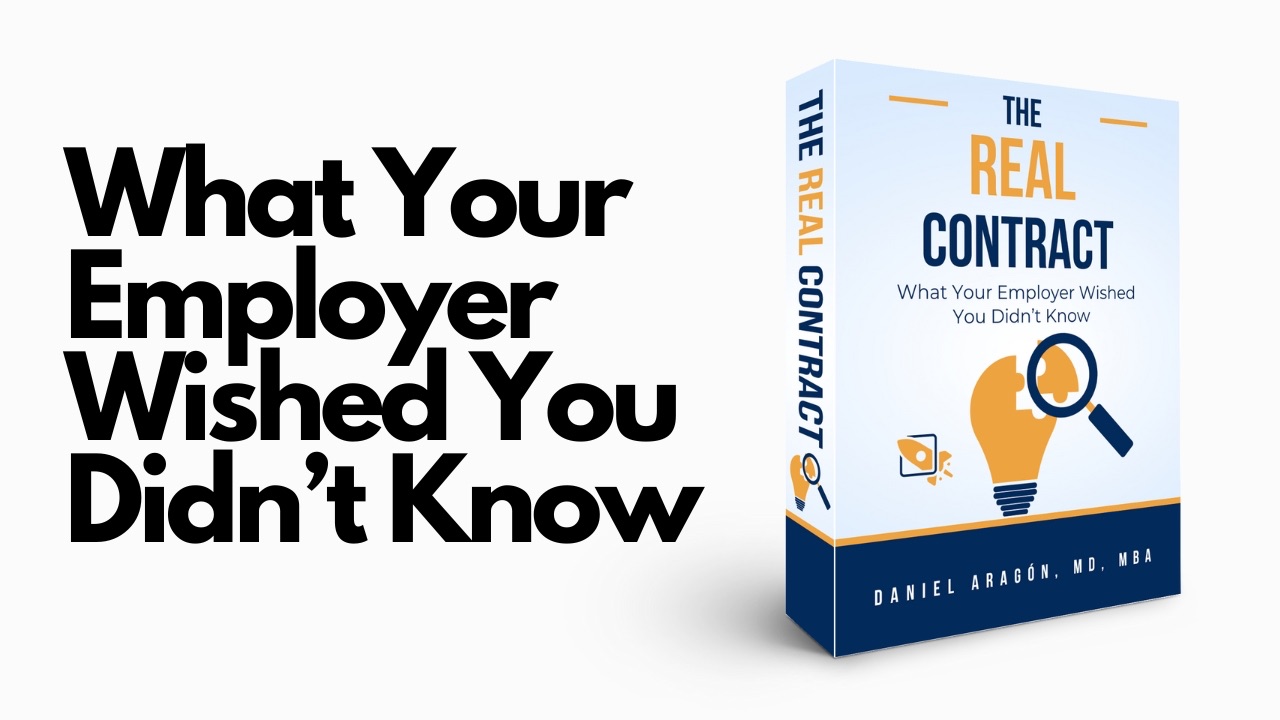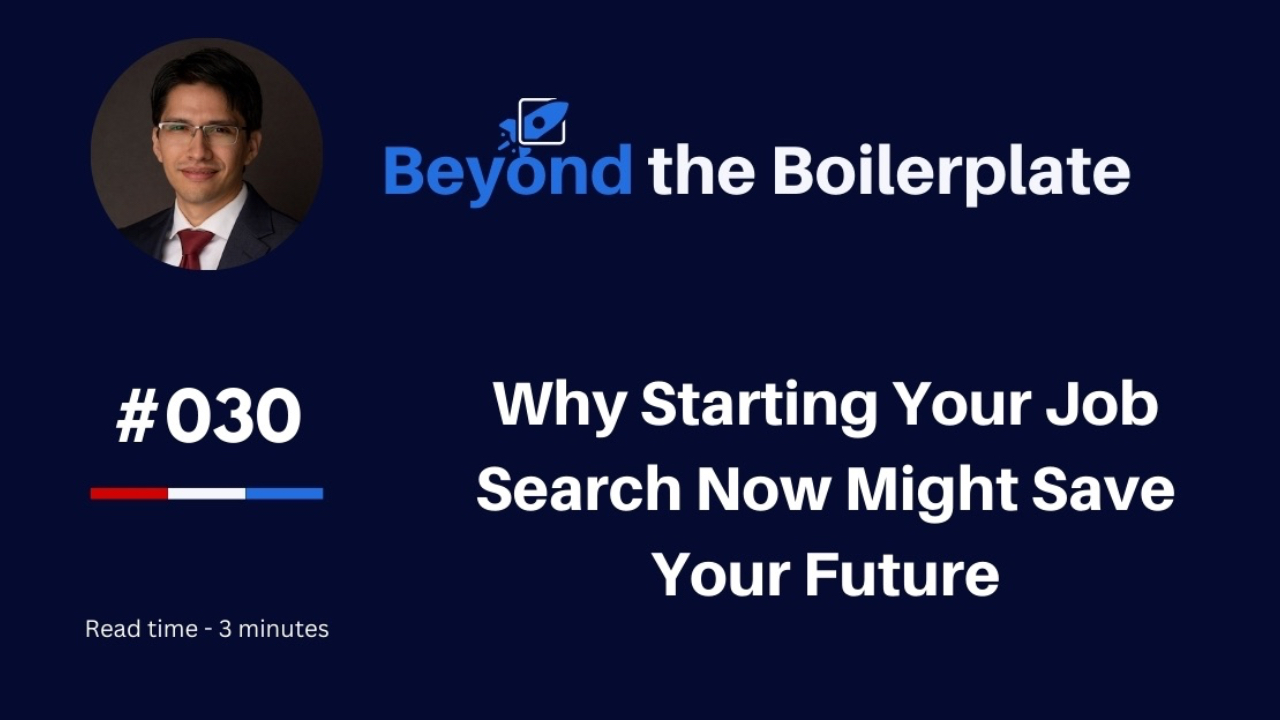
Should You Work for the Government as a Physician? A Brutally Honest Guide to VA, IHS, and Public Health Jobs
💡 Key Takeaways — What You Actually Need to Know Before Taking a Government Physician Job
| ✅ Thing | 🔍 What to Know |
|---|---|
| Military physician jobs | Long commitment but solid retirement and benefits |
| VA hospitals | Low stress, decent pay, university ties—especially good for primary care and internal med |
| Indian Health Service / Public Health | Lower pay, but high impact and major federal perks like loan repayment |
| County hospitals | Stable work, public service mission, strong benefits, often unionized |
| Leaving military/public health at year 15? | Financially bad move. You’re almost at the finish line. Finish it. |
| These jobs aren’t glamorous | But they’re secure, flexible, and ideal for docs who want meaning without burnout |
1. Who Even Does This? And Why Do They Stay?
Let’s just start here: Why would anyone pick a government job over a private one? Doesn’t private pay more?
Sure. Sometimes. But here’s what keeps doctors in government roles:
-
Zero chasing collections
-
Predictable shifts
-
Real retirement packages (yes, that still exists)
-
Work that still feels like medicine, not business
-
Less pressure, more purpose
Some docs get into this because of med school debt. Some stay because it’s the first time they’ve been able to breathe.
🔗 Related read: Physician Contract Negotiation Mistakes That Cost You Thousands
2. The Military Path: Golden Handcuffs or Smart Career Play?
If you went to USUHS or did HPSP, you don’t really get to ask this question, you’re in the system already. But let’s say you're thinking of staying in after your commitment ends. Here’s the weird math of that:
You’ll likely be at year 15 by the time you're allowed to leave.
| Service Phase | Time Counted |
|---|---|
| Med school (USUHS) | 4 years counted |
| Residency | 3–4 years counted |
| Post-training active duty | 7 years minimum |
So you’re... 15 years in. And you’d get a full pension at 20. Would you walk away from that?
Military life can be frustrating, sure. But that guaranteed pension, lifetime benefits, and built-in structure are things private practice can’t offer.
3. What VA Hospital Work Is Actually Like (Spoiler: Not That Bad)
Want to show up, do good work, go home at 4pm, and sleep through the night without your pager screaming?
Then VA medicine might actually work.
Here’s what it gives you:
-
Federal benefits
-
University affiliations in many cities
-
Holidays off
-
Light to zero call
-
Protected time for teaching or admin
What it doesn’t give you:
-
High compensation
-
Fast-moving systems
-
Sexy branding
But again, it’s stable, and if you’ve ever been burned by private practice politics, you’ll appreciate that.
4. Is Indian Health or the USPHS Actually Worth It?
If you’re in it for the money alone, probably not.
But if you care about public health, underserved communities, or you’re just exhausted by corporate medicine? Then yes, these roles are worth it.
| Perks of IHS & USPHS | What It Means |
|---|---|
| Loan repayment options | Cut your med school debt down faster |
| Federal employee benefits | Great insurance + retirement |
| Unique patient populations | Often high-need, rural, or indigenous communities |
| Autonomy + meaning | Small teams, big impact |
Docs who thrive here care less about titles and more about results. If that’s you, don’t sleep on these roles.
🔗 You might like: How to Choose the Right Physician Job Without Regretting It Later
5. County Hospitals: Not Flashy, But Secure
County hospitals might be the most underrated jobs in all of medicine. They aren’t glamorous. But they’ve got:
-
Real unions
-
Transparent pay scales
-
Huge public health missions
-
Less admin red tape (weirdly, yes)
-
Good work-life balance
You might not get a big signing bonus, but you’ll get to keep your sanity. Some counties even offer pension-like benefits or full state retirement systems.
They’re also a decent way to stay in academic medicine without fighting for R01s.
6. What Happens if You Bail at Year 15 in Government Service?
Let’s say you’re military or USPHS and you’re 15 years in. You’re burnt out. You want out.
So you leave.
And you lose literally hundreds of thousands of dollars in retirement benefits that would’ve kicked in at year 20.
It’s not just about the check. It’s about:
-
Healthcare for life
-
Survivor benefits
-
Stability while transitioning to something else later
Finish what you started. You can always moonlight or part-time after.
7. Downsides? Yeah. There Are Some.
These jobs sound dreamy on paper. But they come with tradeoffs:
| What’s Great | What’s Not |
|---|---|
| Predictable hours | Lower pay |
| Lifetime benefits | Bureaucracy is real |
| Loan forgiveness | Slower systems |
| Less admin pressure | Less autonomy in how care is delivered |
This isn't concierge medicine. But it might keep you from burning out.
🔗 Related: What Are Your Actual Job Duties? More Than You Think
8. Where to Find These Jobs (Without Getting Spammed by Recruiters)
Most of these jobs are direct-hire and don’t require a middleman. Here’s where to actually find them:
| Org | Website |
|---|---|
| VA | vacareers.va.gov |
| Indian Health Service | ihs.gov/careeropps |
| USPHS | usphs.gov |
| County Hospitals | Look at your city/county HR page |
Pro tip: Keep a spreadsheet. Track who you talked to, when, and what they said. Nobody else will do it for you.
👩⚕️ Still Gotta Read the Contract
Government or not, you will still sign a contract. And most of us aren’t taught how to read them.
That’s where The Real Contract Course makes all the difference. Here’s what it gives you:
-
What non-competes actually mean
-
What “tail coverage” is (and why it could bankrupt you)
-
How to flag red flags before your lawyer even gets involved
-
The exact questions to ask before you sign anything
Use the course before you hire your lawyer to save money, time, and probably your future.
❓ FAQ
Q: Can I negotiate a government physician contract?
A: Sometimes. The salary scale is usually set, but you might have room to negotiate schedule, start date, or loan forgiveness perks.
Q: What’s better? VA or IHS?
A: Totally depends. VA is more urban and academic. IHS is rural and community-based. Think about where you want to live and who you want to serve.
Q: Do these jobs pay bonuses?
A: Some do (especially VA), but they’re usually modest. The real value is in the long-term benefits.
Q: Is there any real career growth in these roles?
A: Yep. Especially in leadership, teaching, or admin. Just don’t expect fast promotions, it’s more slow and steady.





